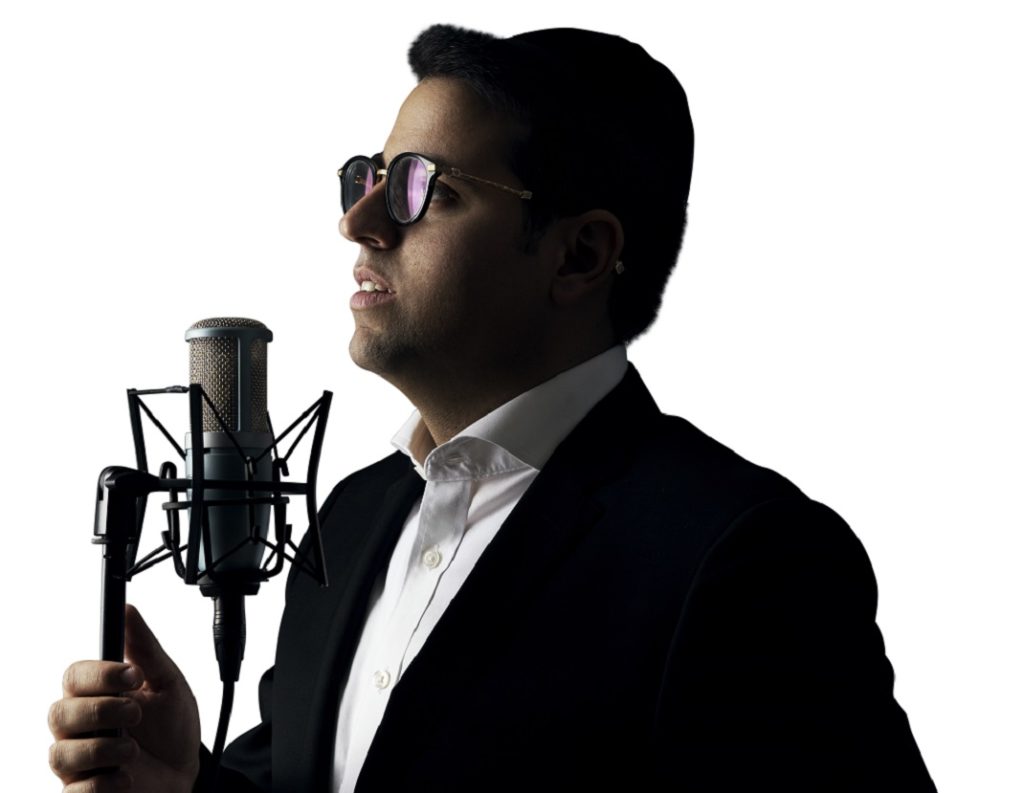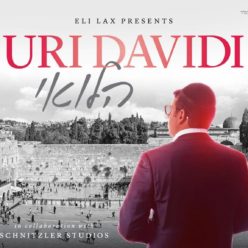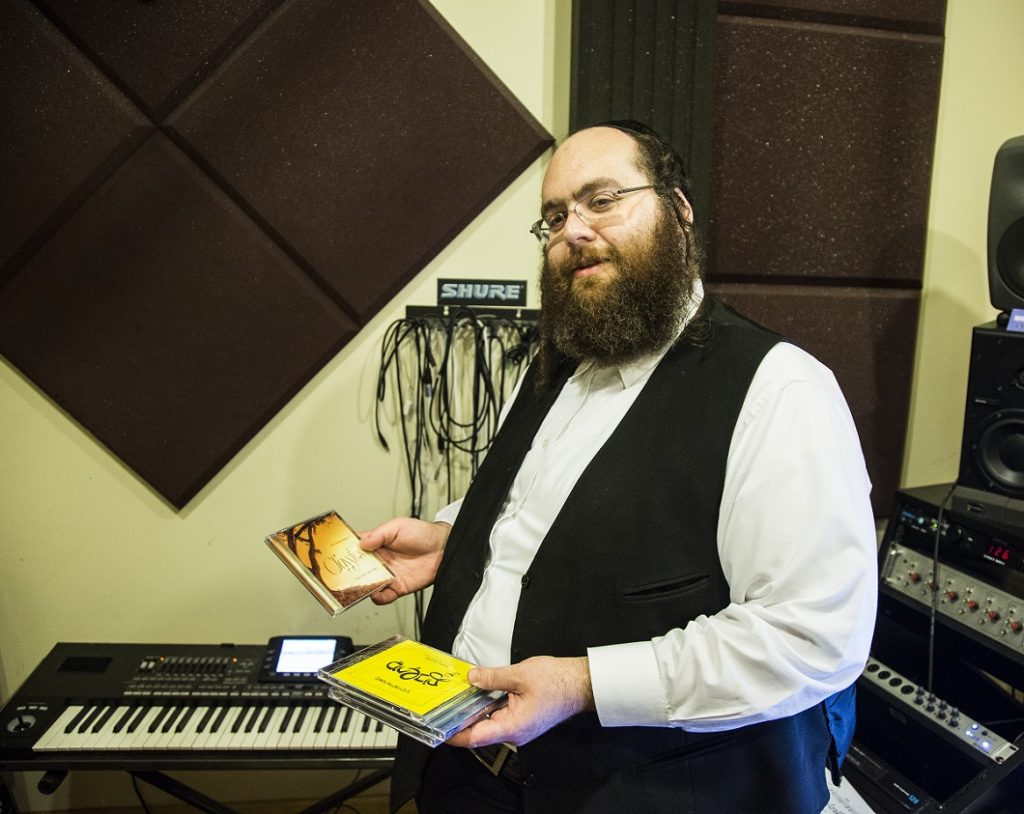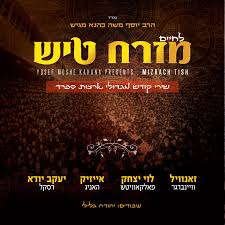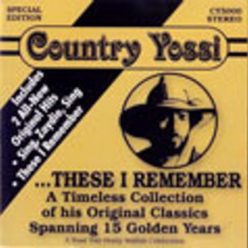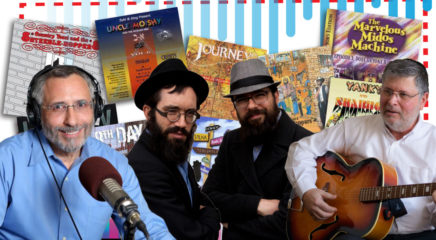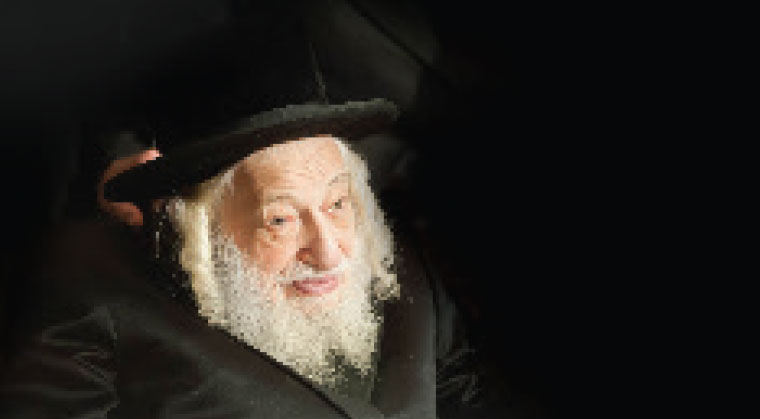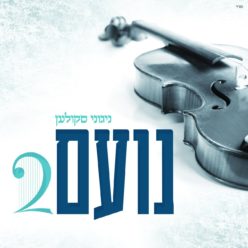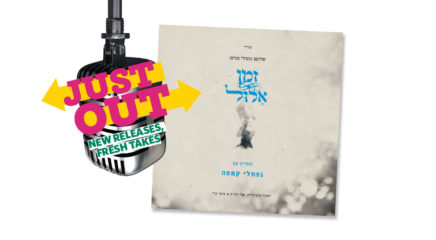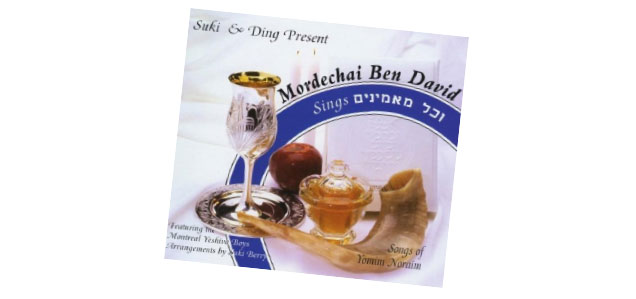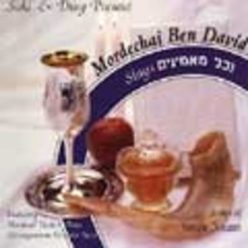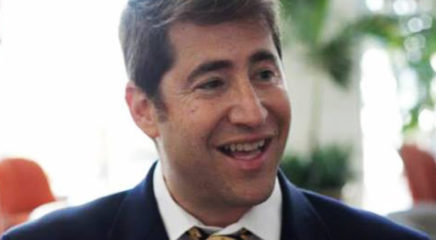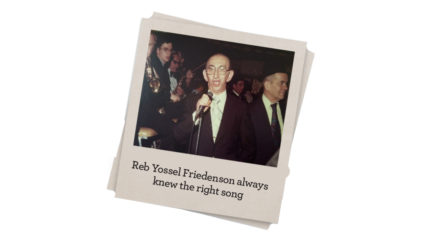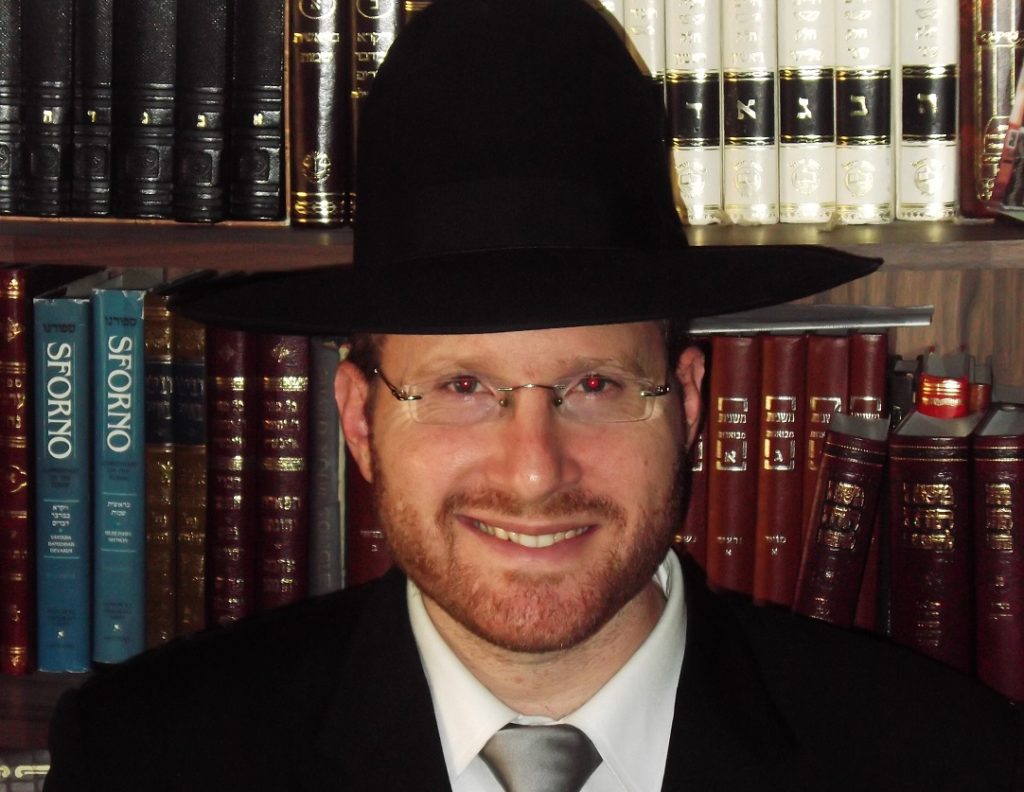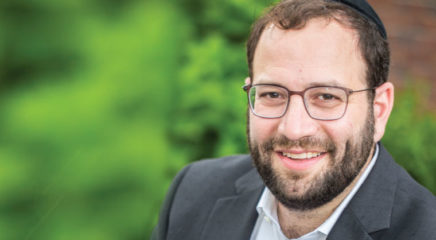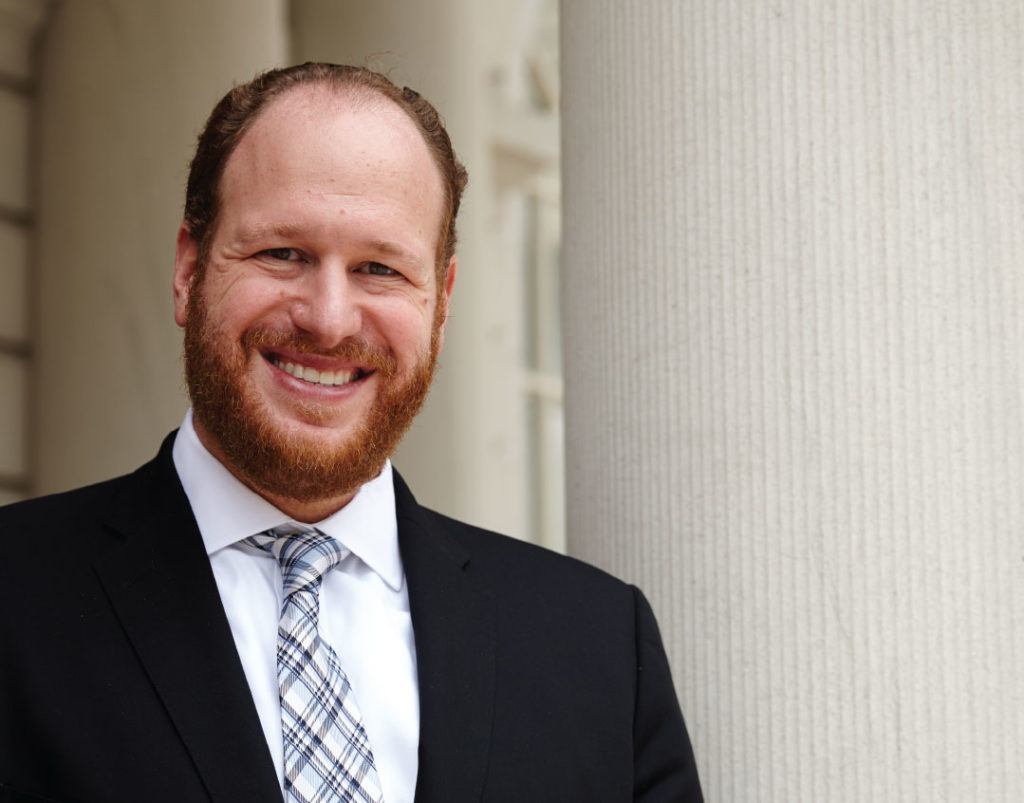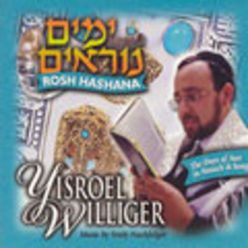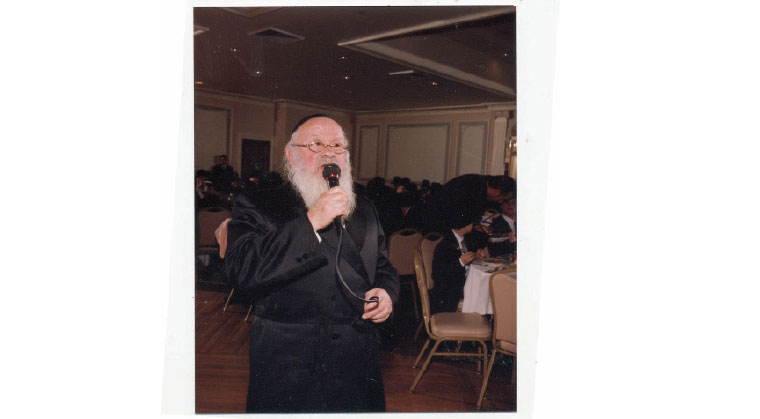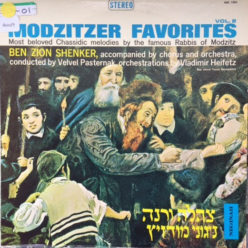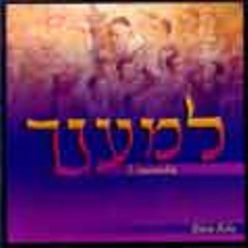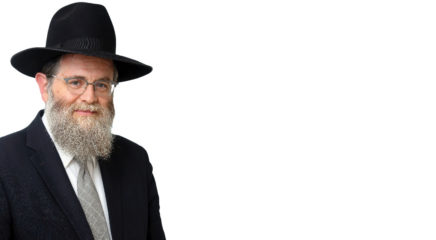How to Sweeten the Decree
Throughout the Yamim Noraim, three words accompany us and inform our every action. Teshuvah, tefillah, tzedakah — we believe that sincere repentance, prayer, and charity have the power to sweeten any bitter decrees. And that belief empowers us to stretch ourselves beyond the barriers of self-imposed reality and truly ascend our personal spiritual ladders.
Composer and arranger Mona Rosenblum encountered the power of those words years ago, in the summer camp of Yeshivas Chemed. “This tune was composed by my son, Shneur,” Mona says. “It started out as a wordless niggun of dveikus that he sang with his friends in yeshivah in Bayit Vegan. Later, Hashem sent me the inspiration of setting the words ‘U’teshuvah, u’tefillah, u’tzedakah’ to the tune. We taught it to the bochurim at the Chemed bein hazmanim camp, and they loved it so much that they wouldn’t let me move on to the next song. They just kept singing it again and again.”
Once he saw the power of the simple, prayerful melody, Mona knew he had to include it on his upcoming disc, which was ultimately released as Mona 7 and included with last year’s Mishpacha Succos package.
The song was originally arranged for a G-minor scale, but when singer Yaakov Shwekey was asked to record the vocals, he asked Mona to take it up half a tone. “Yaakov made the right call,” Mona says. “Today’s computer technology allows us to switch keys with barely any impact on the song. In this case, raising the key made the first bars of the low part sound better, and Yaakov has phenomenal vocal range and reaches the high notes with ease. That higher version is what we eventually ended up including on the disc. Eventually — because those vocals were recorded a full nine years before Mona 7 was released.
Yearning and Returning in Every Nusach
Dressed in white, clutching their machzorim, the congregation enters the shul, anticipating the holiest moments of the year. Many Sephardic communities herald these 25 hours of intense beseeching and holiness with a stirring, ancient piyut. It begins with the words “Lecha Keili teshukati, lecha libi vekilyotai… hashiveini ve’ashuvah, vetirtzeh et teshuvati — I long for You, my G-d, my heart and innards yearn for You, my spirit is yours, as is my soul… Bring me back [to You], and I will return, and accept my repentance.”
Lecha Keili is a long prayer structured in exquisitely rhymed couplets, and includes an expansive Vidui. The words, which start out poetic and esoteric and then segue into heartfelt remorse and confession, are ascribed to Avraham Ibn Ezra, and the custom of reciting it at nightfall (parallel to the Ashkenazi custom of saying Tefillas Zakkah) is discussed in the Rishonim.
Lecha Keili is customarily sung together in a traditional melody, and is described as “an outpouring of soul.” The second stanza continues, “I will cry to You, cling to You, until I return to my Land. I am Yours while I live, and indeed after I die. Bring me back, and I will return, and accept my repentance.”
The piyut came to the attention of Rabbi Yosef Moshe Kahana when he researched Sephardic songs and piyutim for his recent Mizrach Tish album. The version that appears in his collection, sung by the emotive baal tefillah Isaac Honig, is a breathtakingly poignant fusion of chassidic fervor with Sephardic longing, tradition, and simple faith. (Originally featured in Mishpacha, Issue 727)

